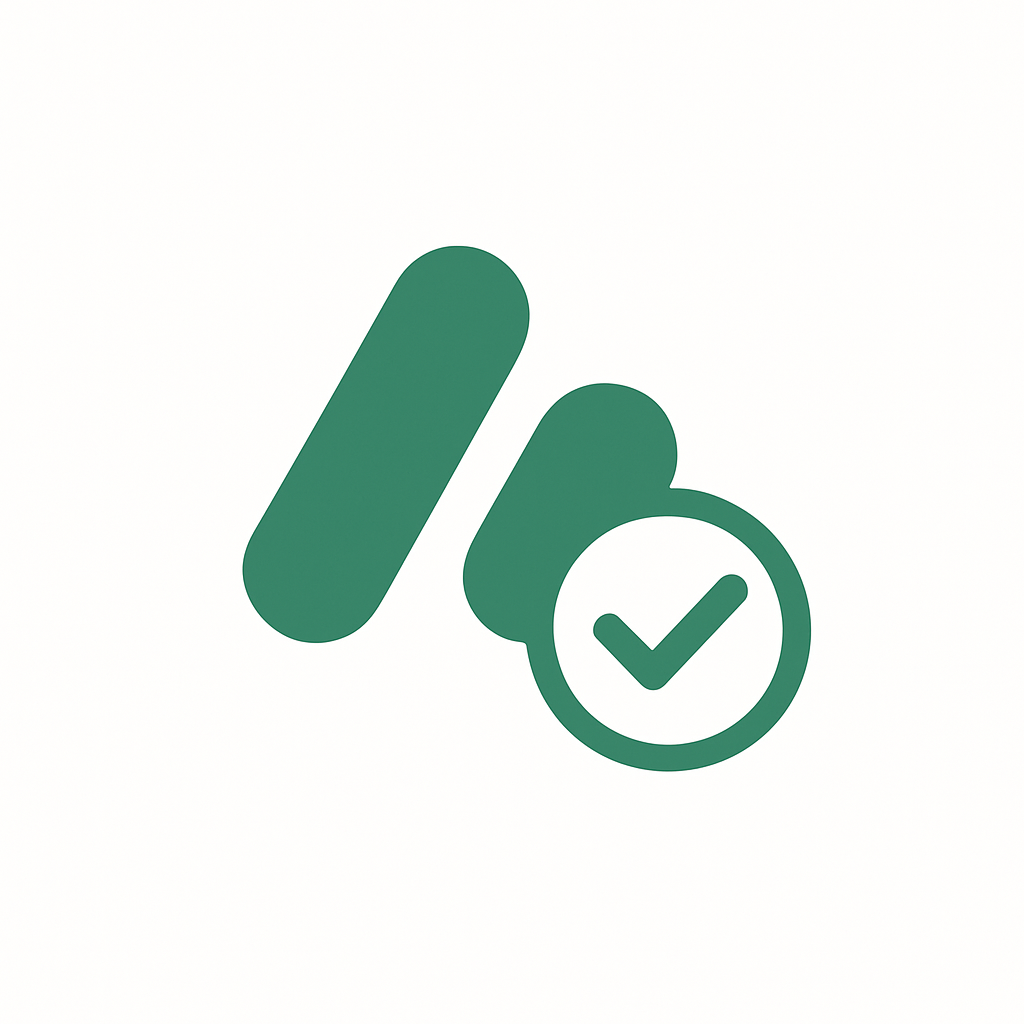Get HTTP Headers
Quickly retrieve HTTP headers with Get HTTP Headers. Analyze server responses, security settings, and troubleshoot website performance issues.
🔎 Get HTTP Headers – Analyze Website Requests & Responses Easily
📘 Introduction
In the digital world, every time you visit a website or load a web page, a silent exchange of data takes place in the background — this exchange is governed by HTTP headers. These headers are crucial for how browsers, servers, and applications interact online.
A Get HTTP Headers tool lets you quickly analyze and inspect these headers, giving you valuable insights into the server configuration, content handling, security, and performance of any website. This is especially useful for web developers, SEO professionals, and network administrators who want to ensure their websites run smoothly and securely.
🌐 What Are HTTP Headers?
HTTP headers are key components of the HTTP protocol (HyperText Transfer Protocol), which governs how data is transferred across the web.
Headers are sent along with both requests (from the browser/client) and responses (from the server) and carry metadata about the communication — such as content type, language, server type, cookies, caching, and more.
🧾 Types of HTTP Headers
There are several categories of HTTP headers, each serving specific purposes:
✅ 1. Request Headers
Sent by the client (browser) to provide information about the request.
-
Host – Specifies the domain of the requested resource
-
User-Agent – Identifies the browser or client software
-
Accept – Defines acceptable content types
-
Authorization – Carries login credentials for secure areas
✅ 2. Response Headers
Sent by the server to provide information about the response.
-
Server – Shows the software used by the server (e.g., Apache, Nginx)
-
Set-Cookie – Sends cookies to the client
-
Location – Redirects the client to a new URL
✅ 3. Entity Headers
Contain metadata about the actual content (entity body) being transferred.
-
Content-Type – Specifies the media type (e.g.,
text/html,application/json) -
Content-Length – Indicates the size of the response body in bytes
✅ 4. General Headers
Apply to both requests and responses and provide general context.
-
Date – The timestamp of when the message was sent
-
Connection – Controls whether the connection should stay open
✅ 5. Security Headers
Help secure the website by enforcing specific browser behaviors.
-
Strict-Transport-Security (HSTS) – Forces browsers to use HTTPS
-
X-Frame-Options – Protects against clickjacking
-
X-XSS-Protection – Enables cross-site scripting filters
💡 Why Are HTTP Headers Important?
HTTP headers play a foundational role in every website interaction. Understanding them helps you diagnose issues, boost security, and optimize performance.
🔧 1. Troubleshooting
Headers can help detect problems like:
-
Incorrect MIME types
-
Caching issues
-
Server misconfigurations
-
Redirect loops
🚀 2. Performance Optimization
Headers like Cache-Control, Expires, and ETag manage how browsers store and reuse content. This helps:
-
Reduce page load time
-
Decrease server requests
-
Enhance user experience
🔐 3. Web Security
Security-focused headers protect your users and data:
-
HSTS prevents protocol downgrade attacks
-
Content-Security-Policy reduces the risk of XSS
-
Referrer-Policy controls how referrer information is sent
📈 4. SEO Benefits
Headers affect how search engines crawl and index your website:
-
X-Robots-Tagprevents specific pages from being indexed -
Proper
Content-Typeensures accurate content rendering -
Redirects via headers influence crawl behavior and link equity
🛠️ How to Use the Get HTTP Headers Tool
Using a header checker tool is simple and requires no coding or technical background.
✅ Step-by-Step Instructions:
-
Visit SixLytics.com
-
Navigate to the Get HTTP Headers tool
-
Enter the URL of the website you want to inspect (e.g.,
https://example.com) -
Click "Submit"
-
Scroll down to view all the response headers
You'll see important data like:
-
Server type
-
Content type
-
Redirect location (if any)
-
Cache settings
-
Security policies
⚡ Use this information to fine-tune your web performance and protect your website from vulnerabilities.
🧾 Common HTTP Headers and Their Roles
| Header | Description |
|---|---|
Content-Type |
Specifies the type of content (text/html, application/json) |
Cache-Control |
Defines cache behavior (e.g., no-cache, max-age=3600) |
Set-Cookie |
Sends cookies to be stored by the browser |
Authorization |
Carries credentials for authentication |
Strict-Transport-Security |
Enforces HTTPS connections |
X-Frame-Options |
Prevents embedding of pages in frames (anti-clickjacking) |
Location |
Redirects users to a different URL |
📊 Use Cases of HTTP Header Analysis
-
Optimize SEO and page speed
-
Diagnose HTTP status codes (e.g., 200, 301, 404, 503)
-
Check for secure headers before going live
-
Monitor third-party service integration
-
Improve CDN and cache configuration
❓ Frequently Asked Questions
❓ Can HTTP headers improve SEO?
Yes. Proper use of headers like X-Robots-Tag, Cache-Control, and Content-Type can improve how search engines crawl, index, and display your pages.
❓ How do HTTP headers affect security?
Security headers prevent attacks like clickjacking, XSS, and downgrade attacks by enforcing safe browser behavior.
❓ Can I check HTTP headers of any website?
Yes. Tools like SixLytics allow you to inspect headers of any public website — but not private/internal apps.
❓ What is the difference between 301 and 302 in headers?
-
301: Permanent redirect (SEO-friendly)
-
302: Temporary redirect (not recommended for long-term use)
📌 In Summary
HTTP headers may be hidden from regular users, but they are vital to how the web functions. A simple request and response exchange contains valuable metadata that can help you:
-
Troubleshoot errors
-
Optimize performance
-
Secure your website
-
Improve SEO
Using a tool like the Get HTTP Headers tool at SixLytics.com empowers you with these insights in just a few seconds — no coding needed.
🚀 Start Analyzing HTTP Headers Today!
🧪 Visit SixLytics.com and try the Get HTTP Headers Tool for free. Whether you're an SEO expert, developer, or digital marketer, this tool is a must-have for maintaining a high-performance and secure website.





















